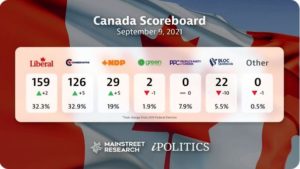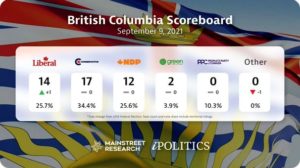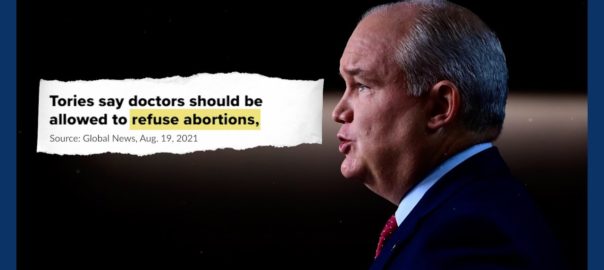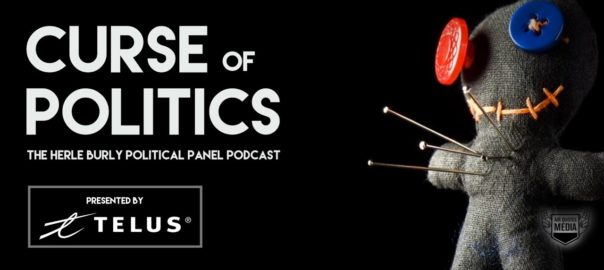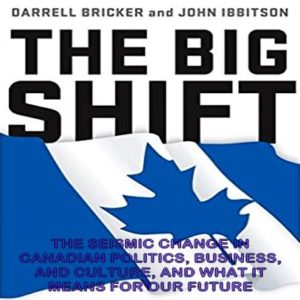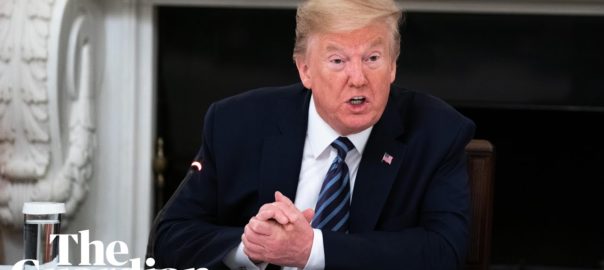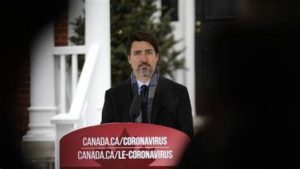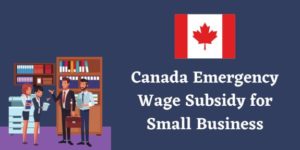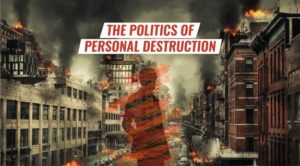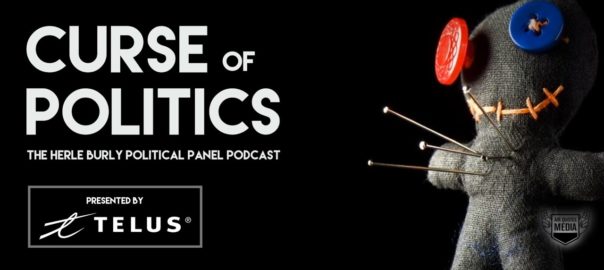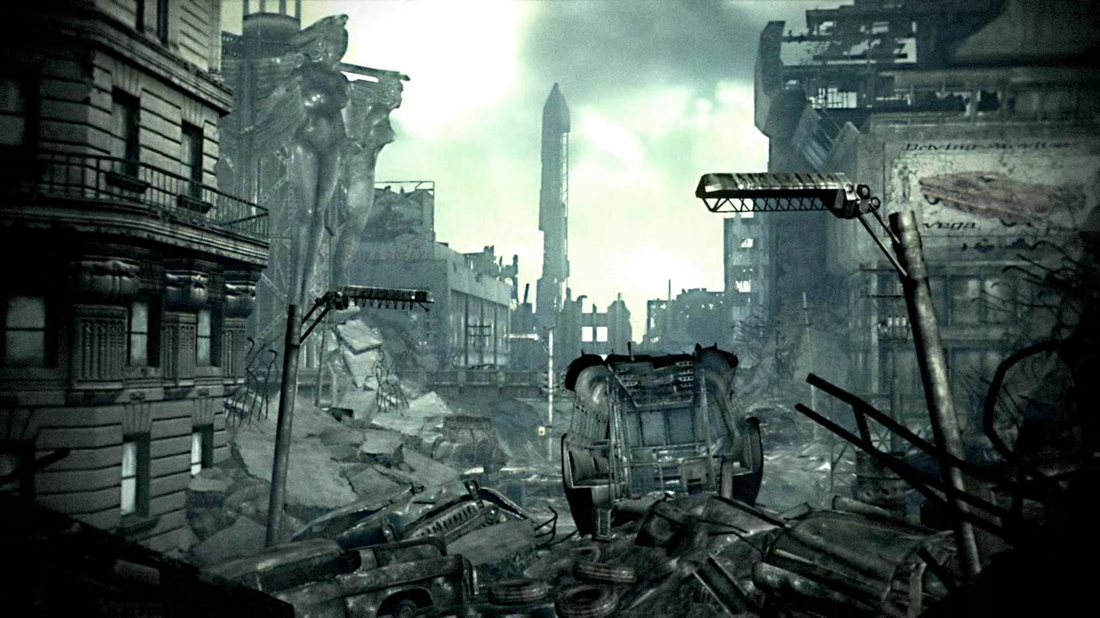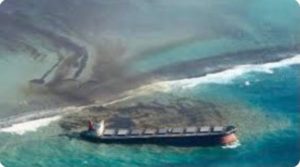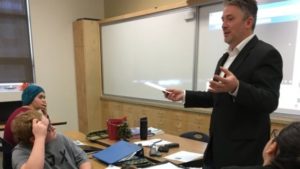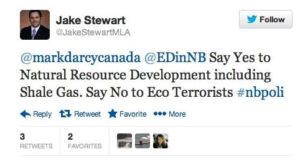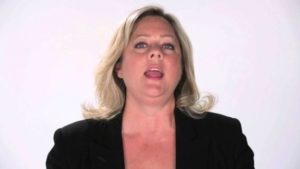
Tonight, at 6pm PDT, the leaders of the five major political parties in Canada will face off against one another in a raucous Leaders’ Debate — in what could turn out to be a pivotal event in the current federal election, and Canadian history.
Climate change, child care, affordability, Indigenous reconciliation, justice, health care, foreign policy, and COVID recovery will all be featured on tonight’s agenda.
In one of the most volatile federal elections in Canada’s long history, over the past week the probable outcome of the election has begun to come into clearer focus.
Jagmeet Singh’s duplicitous “When we form government on September 20th” campaign strategy in the latter days of #Election44 has seen New Democrat support in a tailspin. Registering at 26% support of Canadians aged 25 and under — the demographic least likely to make it the polls to vote — with the support of Canadians 54+ at a new low of just 13%, progressives are now deserting the party.
A national $10-a-day child care programme; continuation of the Canada Child Benefit that has reduced poverty among Canadian children by 40%; gun laws that banned rapid fire assault weapons — like the Ruger Mini-14 (used at the École Polytechnique shooting and in possession of the Nova Scotia gunman last year); the Beretta CX4 Storm (used at Dawson College), the M14 (used in Moncton); and the VZ58 (used in the Québec mosque shooting) — and the banning of tanker traffic along British Columbia’s coast are simply of too great an importance to progressive voters to risk the election of an Erin O’Toole-led Conservative Party to Ottawa.
No progressive with a conscience wants to see an Erin O’Toole government elected to Ottawa. As many of VanRamblings’ tried-and-true NDP supporter friends have voiced to us, “I’ll be voting strategically — and if that means voting for the Liberal candidate in my riding, the candidate who has the best chance of defeating the Conservative candidate, there’s not a question in my mind as to who I’ll vote for.”
A question placed by Rebel Media to Justin Trudeau following the French debate.
Of course, outstanding New Democratic Party candidates like multi-term Vancouver-Kingsway MP, Don Davies; Jenny Kwan in Vancouver East; Laurel Collins in Victoria; Rachel Blaney in North Island-Powell River; Peter Julian in New Westminster and Charlie Angus in Timmins-James Bay; whose numbers should be added to by the election of Jim Hanson in Burnaby-North Seymour, Avi Lewis in West Vancouver—Sunshine Coast—Sea to Sky Country, and Anjali Appadurai in Vancouver-Granville — and the “re-election” of Ruth Ellan Brosseau in Berthier—Maskinongé, among a host of other NDP candidates / MPs, are must votes.
Meanwhile, over in Erin O’Toole’s Conservative camp, after a textbook, policy-driven start to the Tory campaign, the multiple flip flops over the past week — on gun control, abortion, vaccine passports, health care funding, and deficit spending — has cost the party support among its base, as support for Maxime Bernier’s racist, anti-vaxxer, libertarian People’s Party of Canada has risen to 11% in Ontario, and 9% — and much better in some regions — across the rest of Canada.
“John Ibbitson is right,” complained former Stephen Harper campaign manager, Jenni Byrne, on the Curse of Politics podcast. “Erin O’Toole really is the most liberal leader the Conservative Party has ever had — and party members don’t like it, which is why you see members leaving the party to join Maxime Bernier’s People’s Party of Canada. Erin thinks there’s no conservative alternative to the party he leads — clearly he’s been proven wrong with the rise of the PPC.”
“And I think pollsters are radically under counting support for the PPC, particularly in the rural regions of Canada. Chances are, I believe, that PPC support is in the 15% range. In many ways, the current circumstance reminds me of Donald Trump’s 2016 campaign — when pollsters utterly failed to capture the extent of the discontent among the American electorate. People may have been reluctant to voice their support for Trump when they received a call from a polling firm — but come Election Day, Donald Trump was swept into office.”
One week ago, support for Erin O’Toole and the Conservative Party sat at a firm 37% — today, it’s at 32.9% and declining precipitously with each passing day.
Vancouver NDP MP Don Davies attended a Rally for Public Housing, adjacent to the site of the proposed Little Housing mixed housing development site that, in 2008, was slated to make 234 units of affordable social housing available to the community.
Support for Annamie Paul’s Green Party can barely be detected in the polls, while support for Yves-François Blanchet’s Bloc Québécois — following last week’s and last evening’s French debate — has all but obliterated Bloc support in the province, the party now sitting at single digit support, as voters desert the Bloc for Trudeau.
Looks like @MarkJaccard and I independently came to the exact same assessment re: the @liberal_party climate plan. https://t.co/i5hObXC0qo This article is a great read.
The Liberal plan is the only plan that recognizes the seriousness of the climate crisis. #Elxn44 #cdnpoli
— Andrew Weaver (@AJWVictoriaBC) September 7, 2021
Ten days out from Election Day, with support for the Liberal Party waxing higher, the prospect now exists that Justin Trudeau will form the next government — albeit with a probable reduced minority, requiring the support and co-operation of Jagmeet Singh and the New Democratic Party of Canada in order to govern.
As to the future of the leaders of the five major political parties: Annamie Paul will be gone before the end of the year — to be replaced by Avi Lewis, or so the rumour goes, although — Jagmeet Singh will likely be shown the door in the next year, and Mr. Lewis could very well emerge as the next leader of the federal New Democrats.
Justin Trudeau will be gone sometime in 2023, if not sooner (if he loses this election, he’ll announce his resignation as Liberal Party leader late on Election night). Erin O’Toole’s days as Tory leader — even if he increases the Conservative Party seat count, but loses the election — will also be gone fairly soon, probably around the time Justin Trudeau leaves. Only Maxime Bernier will remain — to split the Conservative vote (yeah!) — to cause great despair to all persons of conscience.
